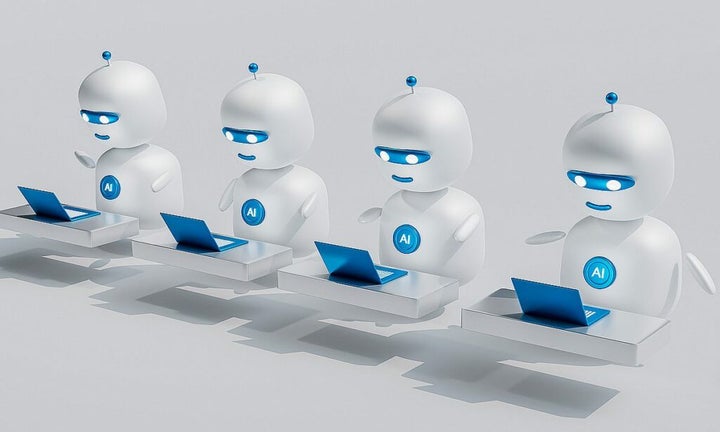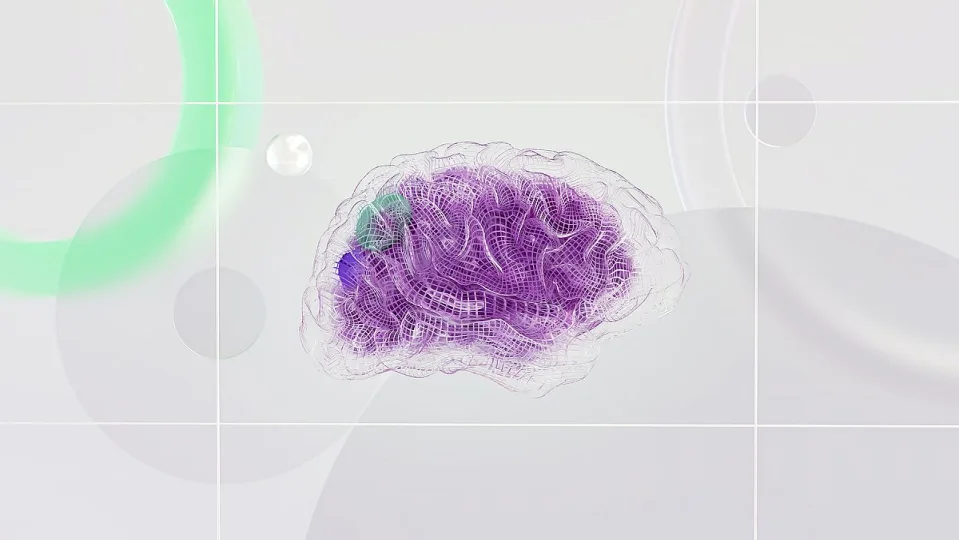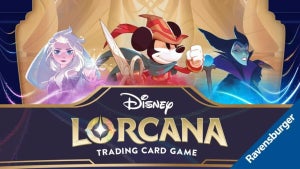The Authors Guild, along with renowned wordsmiths including Jonathan Franzen, John Grisham, Jodi Picoult, and the creative genius behind “Game of Thrones,” George R.R. Martin, have now joined the lawsuit that alleges unauthorized use of their works in training AI models.
The saga is riveting, the stakes are high, and the world is watching as authors lock horns with algorithms. Welcome to the Battle of the Pens, where the narrative of creativity confronts the dawn of AI innovation.

What the authors contend
The crux of the lawsuit centers on the claim that OpenAI has, in essence, “copied plaintiffs’ works wholesale, without permission or consideration,” utilizing their copyrighted materials to train its expansive language models. According to the plaintiffs, this practice threatens the livelihoods of authors, as it allows virtually anyone to automatically generate text that they would typically commission writers to create, all without proper compensation.
Moreover, the authors argue that OpenAI’s Large Language Models (LLMs) have the potential to churn out derivative works that closely mimic, summarize, or paraphrase their books. These AI-generated creations, if left unchecked, could significantly impact the market for their original works.
A missed opportunity
One compelling aspect of the authors’ argument is that OpenAI could have opted for a more ethical path by using public domain works to train its AI models. Instead, the company chose to incorporate copyrighted material without obtaining the necessary licensing rights or compensating the creators.

This choice raises questions about the responsibility of tech giants in safeguarding the intellectual property of artists and writers.
Expanding legal fronts
This legal battle isn’t confined to just the world of literature. Comedian Sarah Silverman, along with authors Christopher Golden and Richard Kadrey, have also initiated legal action against OpenAI and Meta. The list of plaintiffs continues to grow, with Paul Tremblay and Mona Awad filing their complaint in June.
Additionally, recent times have witnessed lawsuits against AI image platforms, further emphasizing the growing concern over the use of creative content by AI entities. Microsoft, which has invested in OpenAI, has publicly announced its commitment to defending the company legally should commercial users of its Copilot AI service face legal challenges.
Conclusion
The convergence of technology and art is undeniably exciting, but it also raises complex questions regarding copyright, intellectual property, and creative rights. The involvement of prominent authors and comedians in these lawsuits underscores the importance of these issues.
As the legal battle unfolds, it will likely set precedents that shape the future of AI content generation and the protection of creators’ rights. The outcome of these cases could have far-reaching implications, influencing how tech giants develop and deploy their AI technologies while preserving the essential role of artists and authors in our society.
In this clash between creativity and AI, the world watches as a new narrative unfolds in the courtroom.


